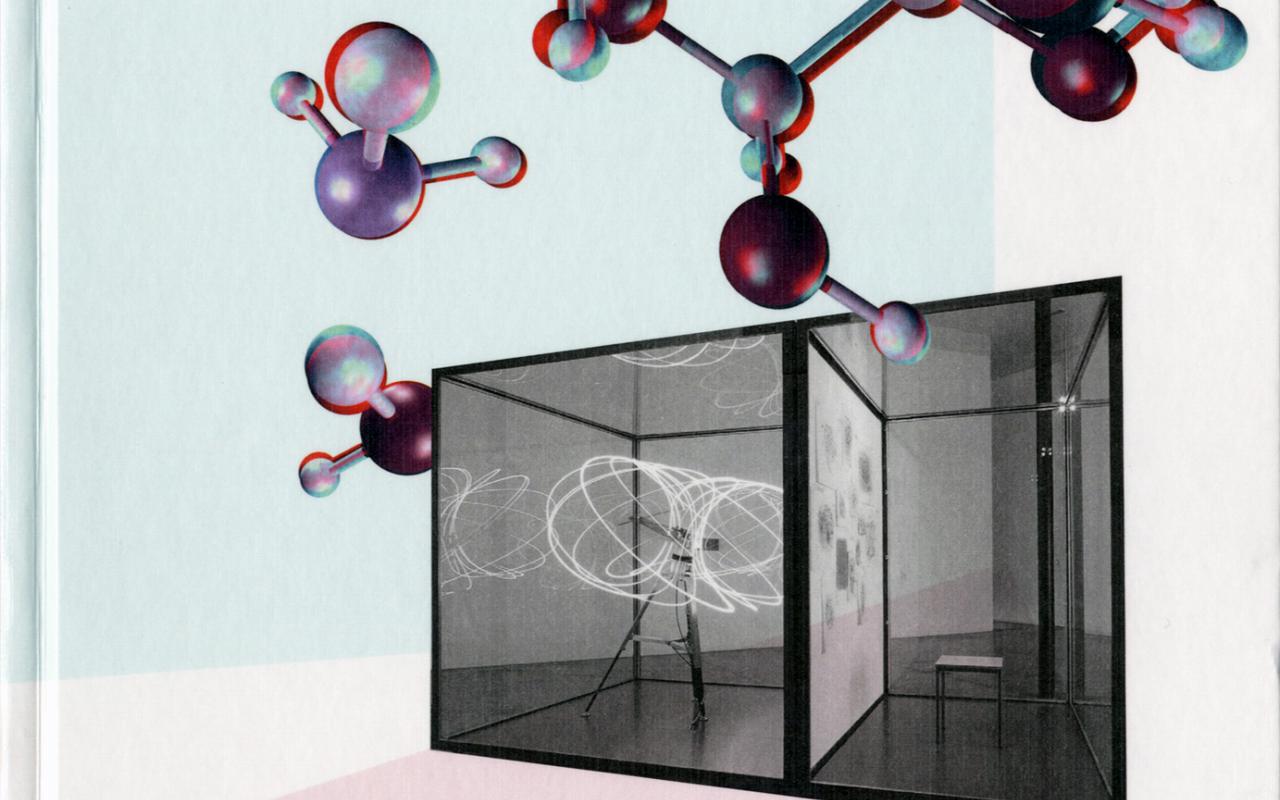Shinobu Kitayama: Cultural Neuroscience of Perception
- Duration
- 40:50
- Category
- Lecture/Talk
- Date
- 23.11.2012
- Description
Numerous studies conducted under the banner of cultural psychology during the last two decades have documented substantial cultural variation in attention and perception. This literature has made three important points. First, whereas people in Western cultures tend to place a greater emphasis on an object in lieu of its context, those in Eastern cultures tend to be more holistically attentive to both the object and its context and closely attuned to the relationship between the two. Second, although the origin of this cultural difference is multifaceted, one potent factor is the culturally dominant mode of the self and social relations. The object-focused perception and the holistic perception have been traced back, respectively, to an independent or an interdependent form of the self and social relations. Third, although behavioral evidence is indispensable, neuroscience investigations of culture and perception have presented a strikingly strong promise, beginning to uncover important neural bases of the cultural variation in attention and perception. In this lecture, I will review evidence pertaining to each of these points and discuss some implications for cultural variations in art forms and art appreciation.
Dr. Shinobu Kitayama is Robert B. Zajonc Professor of Psychology at the University of Michigan. He also directs the University’s Center for Culture, Mind, and the Brain. Over the last two decades, he investigated cultural variations in self and other related psychological processes including cognition, emotion, and motivation. Most recently, he has started to examine the neural basis of these cultural variations, with the ultimate goal to better understand the nature of the mutually constitutive process between cultural beliefs and practices and the human brain. Before Michigan, he taught at Oregon, Kyoto, Stanford, and Chicago. He was a Fellow, twice, at the Center for Advanced Studies in Behavioral Sciences, Stanford, CA (1995–1996, 2007–2008). A recent recipient of a Guggenheim Fellowship, he has been inducted to the American Academy of Arts and Sciences. His work on culture and self with Hazel Rose Markus (Psychological Review, 1991) is one of the most frequently cited in the entire field of social and behavioral sciences.
